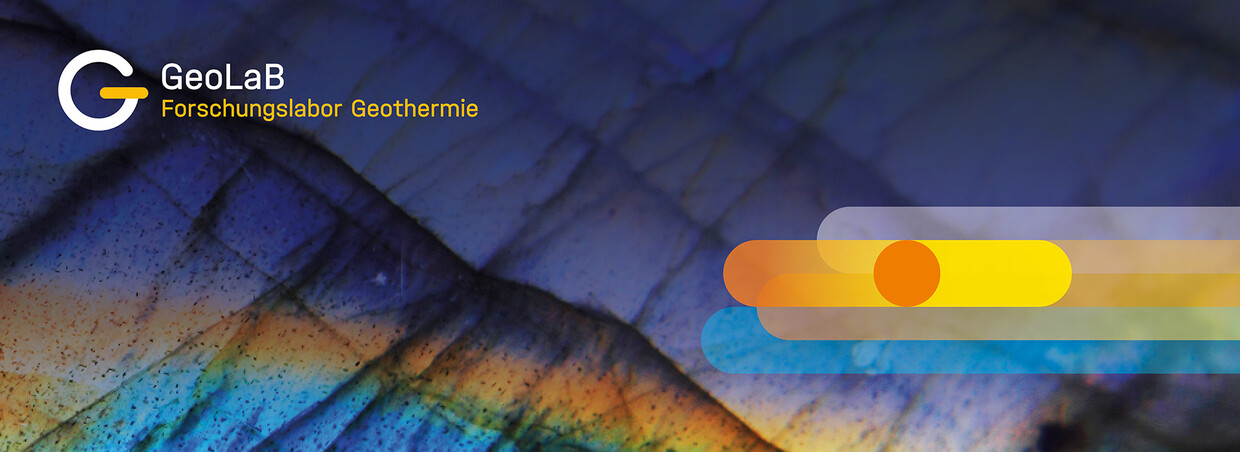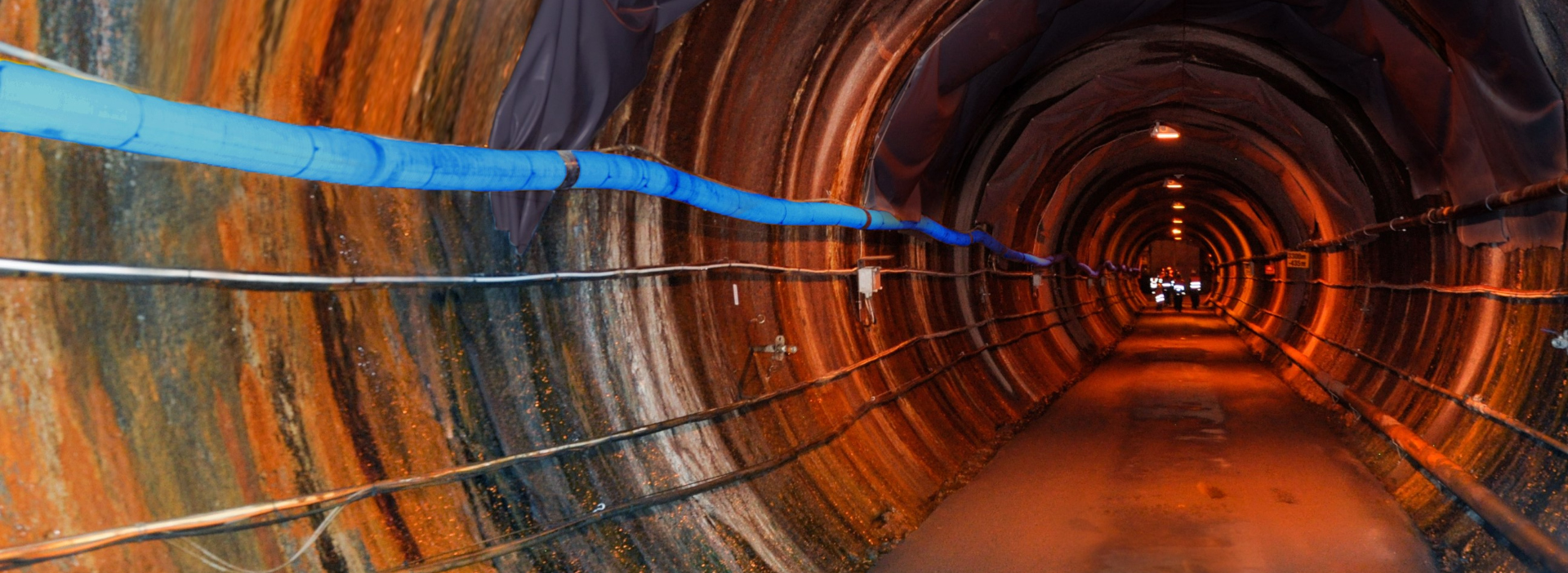Research for a secure heat supply of the future

>>>>> New GeoLaB website with more information online! <<<<<
GeoLaB is a planned rock laboratory for geothermal research. The goal of the research is the safe and sustainable use of major geothermal resources in Germany and worldwide.
For this purpose, a geoscientific underground laboratory will be constructed in fractured crystalline rock. This rock has the greatest geothermal potential for power generation and heat supply worldwide and is also highly relevant for other geotechnologies.
GeoLaB is designed as a joint research infrastructure of the Helmholtz research areas "Energy" and "Earth and Environment." Only when both perspectives come together in GeoLaB can environmentally sound technology development succeed. Thus, interdisciplinary research connects long-term energy supply with sustainable resource use. Here you can find more information.
12-13 March 2026, Karlsruhe | 2nd GeoLaB Workshop - register now
We invite the research community to discuss insights from the site investigation and to further develop the GeoLaB as an underground research laboratory for geothermal energy in crystalline rock.
The GeoLaB project has a new website. On helmholtz.de you will find more information on GeoLaB: New website

